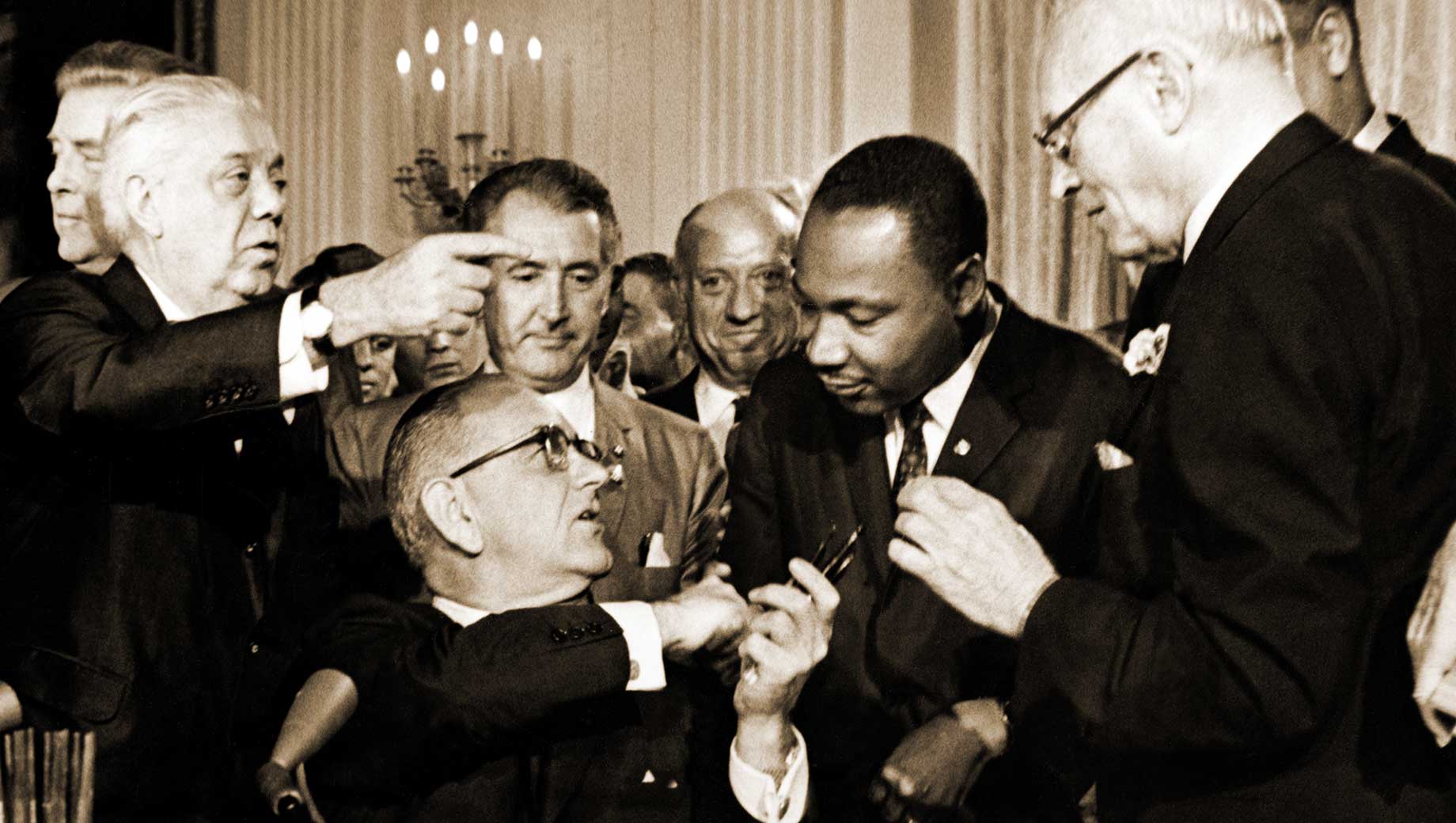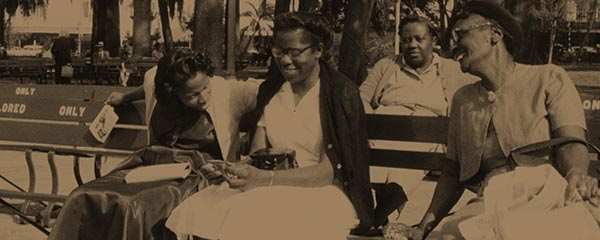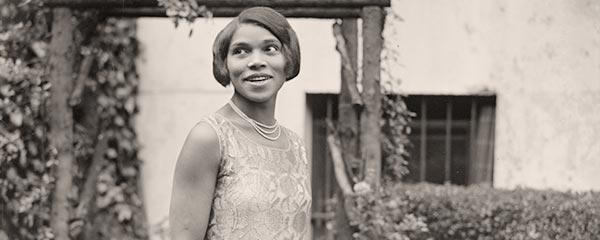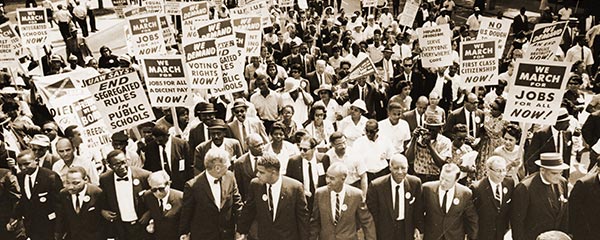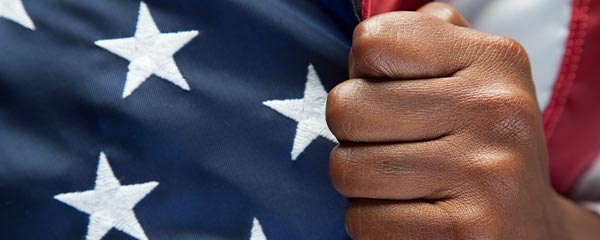On July 2, 1964, President Lyndon Johnson signed the Civil Rights Act into law. The legislation prohibited discrimination on the basis of race in public places and shepherded in the integration of schools and other public places, as well as making employment discrimination illegal.
Two months later, Gallup asked Americans if they "approve or disapprove of [the] civil rights law ... recently passed by Congress and signed by the president." While the majority -- nearly six in 10 -- expressed their approval for the law, nearly a third of Americans disapproved, with the remaining 10% undecided.
| U.S. adults | |||||||||||||||||||||||||||||||||||||||||||||||||||||||||||||||||||||||||||||||||||||||||||||||||||
|---|---|---|---|---|---|---|---|---|---|---|---|---|---|---|---|---|---|---|---|---|---|---|---|---|---|---|---|---|---|---|---|---|---|---|---|---|---|---|---|---|---|---|---|---|---|---|---|---|---|---|---|---|---|---|---|---|---|---|---|---|---|---|---|---|---|---|---|---|---|---|---|---|---|---|---|---|---|---|---|---|---|---|---|---|---|---|---|---|---|---|---|---|---|---|---|---|---|---|---|
| % | |||||||||||||||||||||||||||||||||||||||||||||||||||||||||||||||||||||||||||||||||||||||||||||||||||
| Approve | 59 | ||||||||||||||||||||||||||||||||||||||||||||||||||||||||||||||||||||||||||||||||||||||||||||||||||
| Disapprove | 31 | ||||||||||||||||||||||||||||||||||||||||||||||||||||||||||||||||||||||||||||||||||||||||||||||||||
| Don't know | 10 | ||||||||||||||||||||||||||||||||||||||||||||||||||||||||||||||||||||||||||||||||||||||||||||||||||
| Gallup for the Institute for International Social Research, September 1964 | |||||||||||||||||||||||||||||||||||||||||||||||||||||||||||||||||||||||||||||||||||||||||||||||||||
Gallup asked adults who disapproved a follow-up question -- probing whether they "disapprove because the law goes too far or not far enough?" The overwhelming majority -- almost 90% -- said they disapproved because it went too far. Just 6% disapproved because the legislation did not go far enough.
Roughly a month later, in October, Gallup revisited the Civil Rights Law, this time asking Americans about how the law should be enforced. Specifically, the question probed whether Americans would prefer to see the law strictly enforced from the beginning or adopted using a more gradual, persuasive approach. Here, a distinct majority of Americans -- 62% -- preferred the gradual, persuasive form of enforcement, while 23% wanted strict enforcement from the start. The remaining 10% weren't sure, saying it "depends on the circumstances."
Demographics Paint a More Nuanced View of Sentiments
A July 12, 1964, New York Times article entitled "Civil Rights Act: How South Responds." reported that "The response of the white South as a whole to Title II of the 1964 Civil Rights Act has been one of compliance. Even some leaders who opposed the discrimination ban bitterly while it was being debated have shown a surprising willingness to accept and obey it now that it is the law."
The article also highlighted some of the real challenges faced by people at the time. "Although the law has been in effect a little more than a week, one of the chief difficulties faced by Negroes is readily apparent. It was demonstrated by an incident at Americus, Ga., where an integrated group sought service successfully at a restaurant only to be set upon by a white mob after leaving."
The Gallup polling data collected just a few months after this article paint a more nuanced picture of the public's reaction, indicating it varied significantly by region and race.
-
A minority of White Southerners, 24%, approved of the legislation, while 66% disapproved and 10% were undecided.
-
In contrast, White Americans living outside the South were nearly an exact mirror image of their Southern counterparts. Sixty-one percent of this group approved of the legislation, but that still left roughly four in 10 who either disapproved (28%) or were undecided (11%).
-
Black Americans, on the other hand, overwhelmingly supported the legislation, with 96% approving of the law.
The New York Times article concluded that "There is substantial ground for belief that most white Southerners accept this and are ready to work out a local solution to what is for them an essentially local problem." By contrast, Gallup's polling data suggested that the majority of White Americans living in the South were resistant to the change or not yet aligned with the spirit of the legislation. And almost 40% of White Americans living elsewhere in the country were grappling with it too.
So, just one year after Martin Luther King's iconic "I Have a Dream" speech, in which he laid out his vision for racial equality, legislation was beginning to make that dream a reality in spite of varying sentiment among Americans. Black Americans who were asked in this Gallup poll at the time voiced their readiness to claim the dream, expressing their overwhelming approval of the law.
These data can be found in Gallup Analytics.
Read more from the Gallup Vault.
